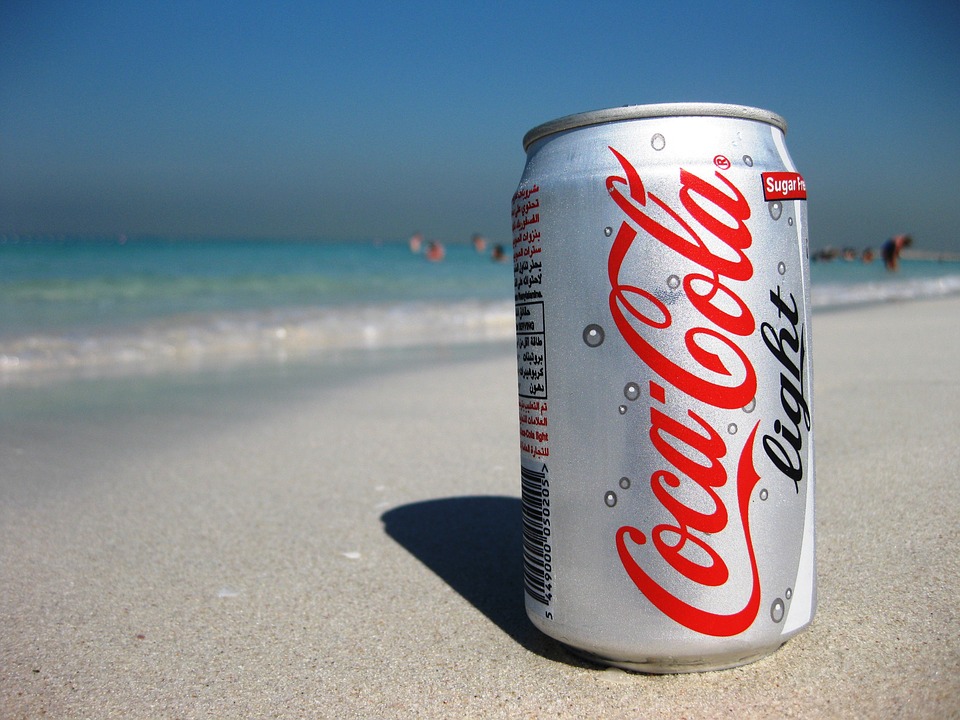If you’re fueling up on french fries
And spending a lot of time parked on the couch, don’t expect diet soda to save you. Downing calorie-free pop known as diet soda could have the unappetizing consequence of increasing your risk of developing diabetes, according to a new study published in the journal diabetes care.

THE DETAILS: Researchers looked at people’s diet soda consumption between the years 2000 and 2002, and then screened them for type 2 diabetes between 2002 and 2007, as part of the Multi-Ethnic Study of Atherosclerosis, or MESA, an investigation involving more than 6,800 people between 45 and 84 years old.
People who drank at least one diet soda a day at the beginning of the study had a 67 percent higher relative risk of type 2 diabetes compared with the people who drank none.
Zero-calorie soda also increased the risk of metabolic syndrome—a group of risk factors linked to obesity that increase your chances of heart disease, diabetes, and stroke—by 36 percent.
WHAT IT MEANS: Sipping diet soda to avoid calories sounds like a good idea, but in the real world, it tends to come along with other behaviors that may endanger your health. This study didn’t look at the possible cause of the association of diabetes and diet soda, but the lead author has a pretty good idea of why this happens. “Although our data did not clearly support this theory, I suspect that persons drinking diet soda are likely eating other foods that elevate the risk of metabolic disorders,” says lead study author Jennifer Nettleton, Ph.D., assistant professor of epidemiology at The University of Texas School of Public Health, in Houston. “People drinking diet soda are likely to miscalculate the amount of caloric savings, thus over-consuming other foods, resulting in greater overall energy consumption.”
MORE BAD NEWS: There’s conflicting evidence regarding the safety of aspartame, a common chemical sweetener used in diet soda and other low-cal or low-sugar goods, but some people report headaches or generally feeling unwell after ingesting anything containing the chemical. To make life easier for everyone, this is one instance where you may want to follow the “better safe than sorry” principle. That’s because a University of Liverpool test-tube study found that when mixed with a common food color ingredient, aspartame actually became toxic to brain cells. Making matters worse, aspartame is used in many diet sodas, and studies have found drinking diet soda may increase your risk of developing diabetes and metabolic syndrome. Also of concern with aspartame, researchers have found that one harmful breakdown product is formaldehyde. Sweet? We don’t think so.
Article Source: Diet Soda = Diabetes Soda.



